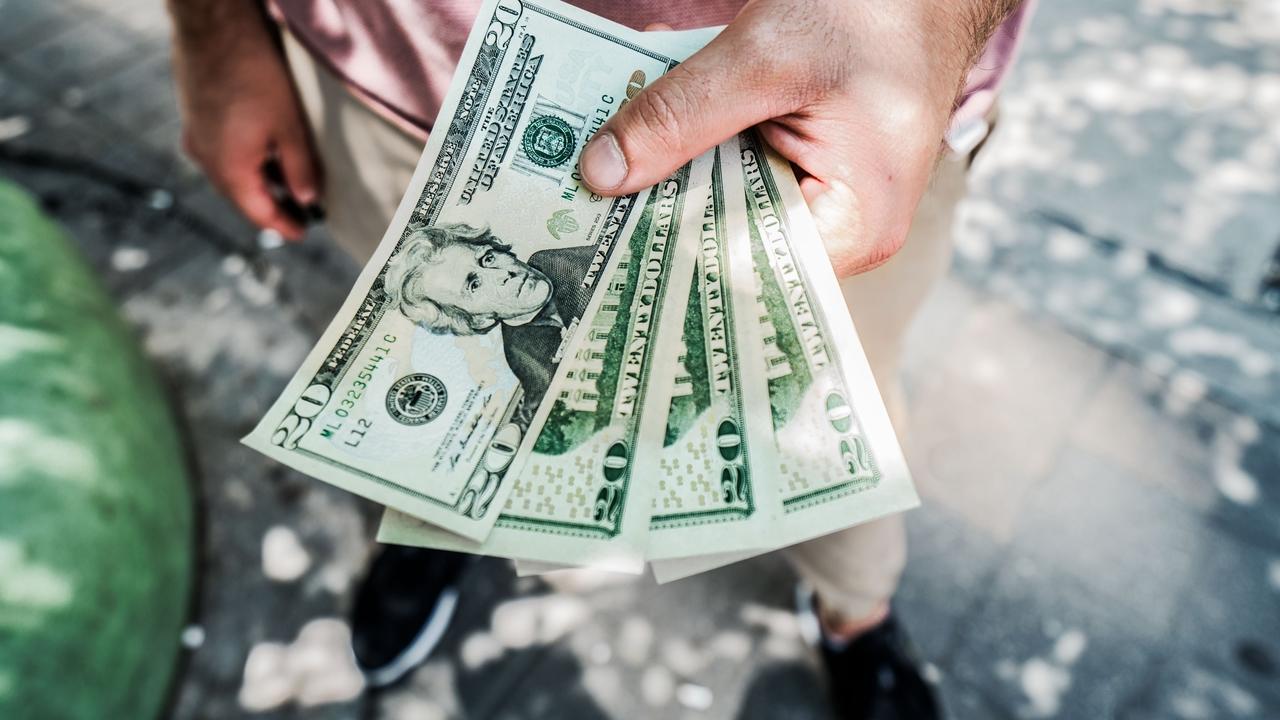Q+A with a CPA: How to Handle Home Business Taxes Like a Professional

A lot of great soap companies got their start in home kitchens, spare bedrooms, and garages. And we think that's awesome! Creating great products in the comfort of your own home is totally doable. But, it also leads to a lot of questions to make sure you don't have any nasty surprises come tax time.
Outsourcing my business bookkeeping was one of the best business decisions I ever made. And, it made tax prep *way* less stressful. So when I got the chance to pass your tax questions on to Modern Soapmaking's fab CPA, I jumped at the chance. Every situation is different, but these tips from Gabe should help get you on solid financial footing...in your kitchen and beyond!

Q&A with a CPA: Small Business Taxes
For those of you who haven't heard us gush about Gabe, he's a personal and small business CPA working out of Springfield, Missouri. He’s married and has two kidlets. And he’s an entrepreneur. So he gets our brand of awesome. Gabe's one of those guys who is super happy crunching numbers. He studied accounting at Missouri State. He now has clients across the country who, like Modern Soapmaking, think he's a rockstar.
We put out the call to the Modern Soapmaking community for questions. And, oh boy, did we get them! You can check out all four installments of Q&A with a CPA on the blog.
Let's talk about doing business in your home:
Q: How much of my living space can I write off if I use the kitchen, appliances, spare bedroom, and even the living room to store my supplies and finished products?
Gabe says: I assume you are referring to the home office expense.
Generally, space has to be used exclusively for business use AND has to be the principal place of your business. Obviously, the kitchen and living room would fail those tests. The spare bedroom would qualify if used exclusively for business.
For the appliances, you may be able to deduct the business use percentage of those assets. That would be very specific to your situation.
Here is the IRS's take on the home office expense: Small Businesses & Self-Employed Home Office Deduction.
Q: What tax and financial implications should you consider when deciding whether to have your shop attached/detached from your home?
Gabe says: Not enough information to answer.
It's going to be highly dependent on the situation of the individual. Generally, you can deduct most of the same things whether the shop is attached or detached from the home.
Q: Can I write off the conversion of a small building that will be exclusive to the manufacture of my products?
Gabe says: Depends on the facts and circumstances, but generally, you can write off the repairs and improvements. You would typically depreciate that building (you get a depreciation deduction for the building based on its useful life).
While these tax questions aren't specific to home-based small business, they did come up a lot within our tribe:
Q: If I pay for conference registration in one year but don’t go to the conference until the following year, what year do I expense it out of?
Gabe says: If you are a cash basis taxpayer (most small businesses are), you would deduct the conference expense in the year you paid for it.
Q: At what point does the IRS decide your hobby is a business, or that your business is a hobby, for tax filing purposes?
Gabe says: The IRS usually would look for a profit over the past 5 years. If you make a profit in at least 3 of those years, there is a good chance the IRS would agree the activity was a business.
More on what the IRS looks at here: Business or Hobby? How to Decide.
Q: In my personal taxes, how does the business factor in? Or does it at all?
Gabe says: This depends on how your business is taxed. If taxed as a sole proprietor, the only difference between how your business income is taxed vs a job is the self-employment tax.
As an employee, you have half of the social security and Medicare taxes withheld from your check and the company you work for pays the other half on your behalf (7.65% from you and 7.65% from the company for a total of 15.3%.)
As a self-employed person, you pay that entire 15.3% on your net income and it is "reconciled" through the tax return filing process. This self-employment tax is often a complete surprise and hurts cash flow for many new business owners. You also have to pay federal and state (if your state has an income tax) on your net profits as well.
In order to avoid any surprises, you should get in the habit of setting aside at least 25% of your net profit for taxes just to be safe.
The takeaway? You can definitely start your soap business at home! Just make sure you know the rules (or hire someone who does).
Want to snag weekly advice on building a successful soap biz directly in your inbox?
Of course you do! Sign up for our newsletter below for more tips and tricks to make bank in your biz.

